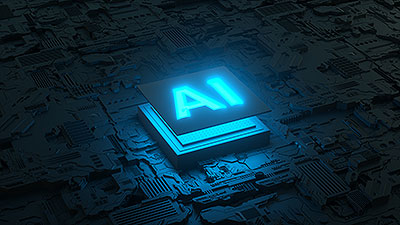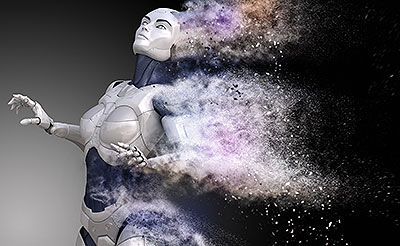In recent years, the dominance of cloud-based AI services from major tech conglomerates has raised concerns about data privacy, control, and dependency. However, a transformative shift is underway: the emergence of decentralised AI assistants. This movement aligns with Europe’s core values of privacy, autonomy, and digital sovereignty, offering a promising alternative to the traditional cloud-centric AI paradigm.
Understanding Decentralised AI
Decentralised AI refers to the deployment of artificial intelligence models directly on local devices – be it smartphones, wearables, or on-premise servers—rather than relying on remote cloud infrastructures. This approach ensures that data processing occurs closer to the source, enhancing privacy and reducing latency.
For instance, Honor’s recent introduction of the Honor UI Agent showcases a mobile AI capable of performing tasks by understanding on-screen graphical interfaces. Notably, this AI processes tasks on the device without relying on external APIs, emphasising autonomy and user privacy. WIRED

Why Europe Embraces Decentralisation
Europe’s stringent data protection regulations, such as the General Data Protection Regulation (GDPR) and the forthcoming AI Act, underscore the continent’s commitment to safeguarding user data. Decentralised AI aligns seamlessly with these regulations by ensuring that sensitive information remains on local devices, reducing the risk of data breaches and unauthorised access.
Moreover, decentralisation addresses concerns about over-reliance on non-European tech giants. By fostering local AI solutions, Europe can bolster its digital independence and ensure that technological advancements align with its societal values.
Benefits of Decentralised AI Assistants

Enhanced Privacy and Security: Processing data locally minimises exposure to potential breaches associated with cloud storage. Kairntech
Reduced Latency: Local data processing ensures faster response times, crucial for applications requiring real-time decision-making. STL Partners
Operational Autonomy: Users and organisations gain greater control over their data and AI functionalities, reducing dependency on external providers.
Cost Efficiency: Over time, decentralised solutions can reduce costs associated with data transmission and cloud storage.
Challenges Ahead
While the advantages are compelling, the transition to decentralised AI is not without challenges:
Resource Constraints: Local devices may have limited computational capabilities compared to cloud infrastructures. eetimes
Maintenance and Updates: Ensuring that decentralised AI models remain updated and secure requires robust mechanisms.
Standardisation: Developing standardised protocols for decentralised AI deployment is essential to ensure interoperability and scalability.
The Road Forward
The rise of decentralised AI assistants signifies a pivotal shift towards more secure, efficient, and user-centric AI solutions. For Europe, this trend offers an opportunity to lead in developing AI technologies that respect individual rights and promote digital sovereignty.
As we navigate this evolving landscape, collaboration between policymakers, technologists, and stakeholders will be crucial. By embracing decentralised AI, Europe can set a global precedent for responsible and ethical AI deployment.
Victor A. Lausas
Chief Executive Officer




